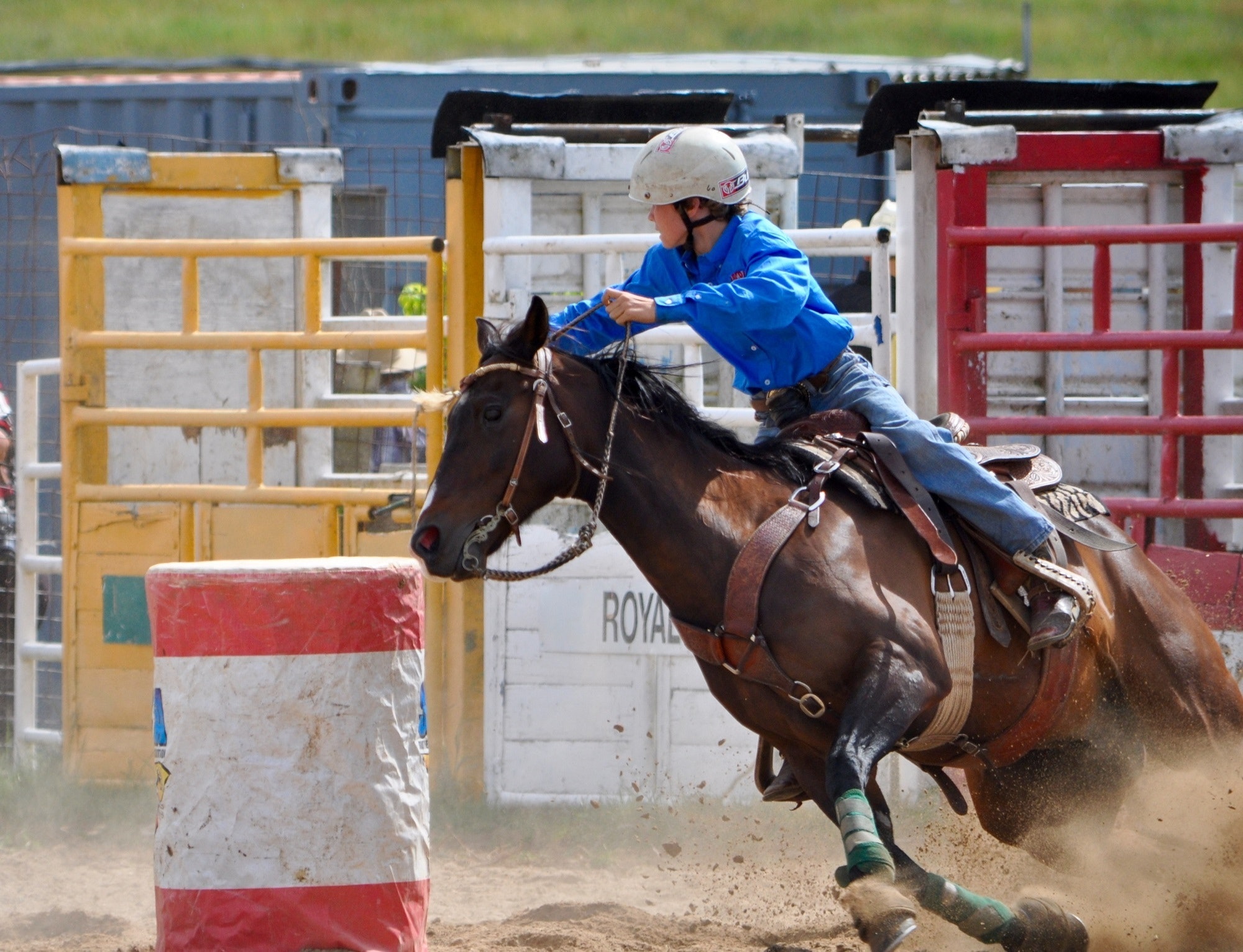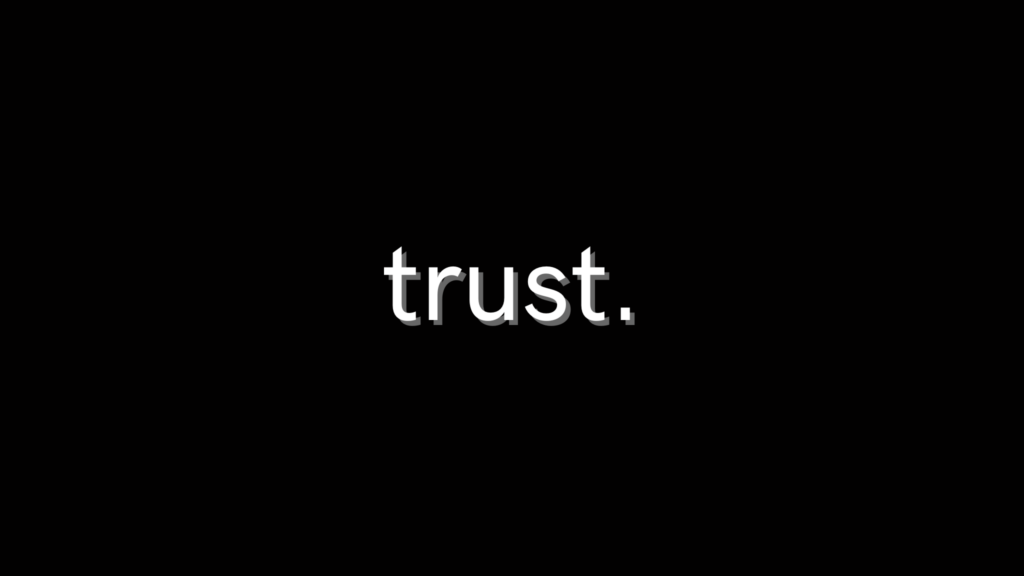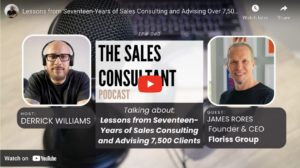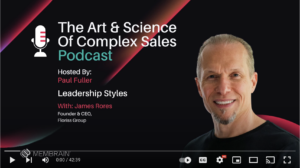Of course, employee training programs can help. However, without the proper mindset or beliefs, participants will greet your training with resistance, which is why so many hiring and training investments fail to deliver promised results.
To deliver on our promise of empowering and transforming sales and customer-facing teams, we know we must first align the beliefs and best practices of all our team members. Only after hiring and developing the mindsets and skillsets of our people can we be sure the toolsets we deliver will have the desired effect of reinforcing and sustaining Winning Habits.
In Part Two of this series, we’ll continue to define Winning Habits by exploring what it means to combine a growth mindset with a skillset that is capable of creating and sustaining your success.
Creating and Sustaining Sales Success
Today, far too many salespeople are taught to force their influence upon buyers. Traditionally, these salespeople are trained to exert influence over a buyer’s decision, often by leading a manipulative sales process that concludes with a self-serving recommendation designed to expand the salesperson’s power.
Servant leadership, a servant-first approach to selling, is different. Salespeople are taught to earn their influence and the mantle of leadership by fostering a customer-centric buying experience. The servant leader’s ultimate goal is understanding the buyer’s “real problem” or WIN, and achieving a successful buying decision (SBD) that allows both buyer and seller to walk a shared path to success.
Salespeople who are servant leaders, aka Growth Multipliers, turn the traditional solution selling process into a unique and differentiated value-selling experience.
It is the combination of the servant leader’s mindset and skillset that ensures his or her buyer understands, trusts and respects their recommendation. Assuming the role of servant leader requires a mindset and skillset shift that salespeople must be ready, willing and able to make if they are to cultivate and retain the habits required to win.
Understanding Winning
In my experience, competitors who sustain top performances over time do far better when they view “winning” as the process of defeating themselves versus the process of defeating others. Applying this logic means success becomes an internal struggle vs. an external one, and winning becomes something we control not something that is dependent upon luck or unique circumstances. Winning, therefore, can be defined as, “The process of reaching and redefining one’s own potential.” A definition that imposes no boundaries or limits, and simultaneously creates no room for excuse making.
The most functional path to success is one that develops an internal sense of self, one that allows us to eliminate excuses and take control of growth regardless of what is happening around us. This allows us to activate our growth mindset and use it to create winning habits that prepare us to pursue bigger goals and achieve more sustained success.
As mentioned in Part One of this series, sales perfection is an unrealistic goal since there are too many external factors out of our control that ultimately impact our results. But what we can control is how we prepare for and respond to those external factors. We can cultivate our curiosity and focus on developing winning habits, like those of the servant leader, that increase our probability of success and help us win bigger and lose smaller over time.
Conquering A Common External Obstacle
Today, one of the most common external obstacles a salesperson faces is the resistance being cultivated within today’s buyers. Much of this resistance is caused by the experience of today’s buyers, many of whom are used to traditional solution sellers who bring little more than product knowledge to the buying cycle.
This low-value sales behavior creates a disincentive for buyers who would otherwise engage salespeople earlier in their buying cycle. This disincentive directs buyers online and encourages them to do their own research, self-diagnose their own problems and self-prescribe their own solutions. By the time a salesperson is engaged, most of the buying cycle has been completed and the buyer is simply looking to compare solutions through a competitive bake-off.
Most researchers and practitioners today blame the internet for empowering buyers and creating this resistance to engaging salespeople. I disagree. Since when is an educated buyer a problem for a servant leader? The issue is not the advance of technology and democratisation of information. The issue is not external to the sales profession. The issue is internal. The issue is the behavior of solution sellers who demonstrate that they are not committed to what is in the best interest of the buyer. The issue is in the failed habits of traditional salespeople who cultivate the mindset and skillset of an order-taker who is not worthy of a buyer’s trust.
The only solution is for salespeople to show up as Growth Multipliers, i.e. salespeople who are also servant leaders. Salespeople who are ready, willing and able to lead buyers along a shared path to change and to a shared definition of success.
If your team members can cultivate strong winning habits first, they can eliminate much of the struggle required to overcome external forces that other salespeople complain about, or use for excuse-making. This will enable you to cultivate your own winning growth mindset and skillset, so your team can sell like value-centric servant leaders rather than self-centered order-takers.
In Closing
Employees begin developing winning habits by cultivating the beliefs and best practices required to drive and sustain personal growth. Hiring and developing a growth mindset will help your sales and customer-facing teams perfect the skillsets required to overcome internal and external barriers that would otherwise limit their potential for growth. Succeed here and you will lay the foundation required to ensure that future investments in hiring, training and managing people deliver promised results.
In Part Three, we’ll complete the conversation by exploring the impact toolsets can have on cultivating Winning Habits within your sales and customer-facing teams. Of course, feel free to reach out with any questions – we’re always here for you.










